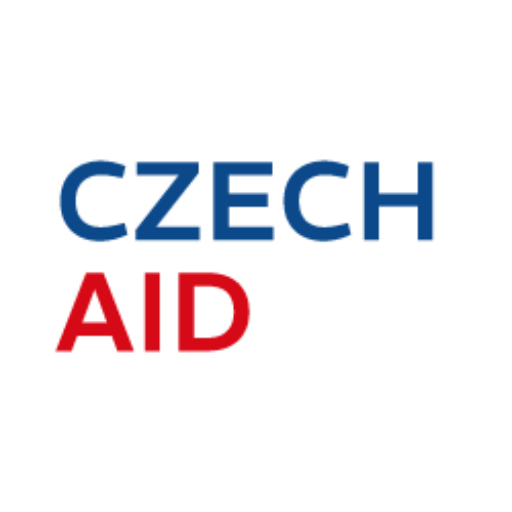Introduction of Transcriptomic Analysis through the Challenge Fund: Advancing Biological Insights on Plant Resistance to Candidatus Phytoplasma solani
This Challenge Fund project focused on sharing innovative genomic selection practices with scientists from the Institute of Genetics, Physiology, and Plant Protection of the Moldova State University in Chisinau, Moldova. This partnership introduced an innovative technique for plant breeding not yet used in Moldova.
The primary focus of this knowledge transfer was on phytoplasma, a plant pathogen responsible for the degradation of vegetable produce quality and yield loss. Czech and Moldovan scientists collaborated on analyzing 12 samples of tomato RNA by high-throughput sequencing, each sample having at least 40 million paired-end reads, working both in Moldova and during scientists’ study trip to the Czech Republic to gain first-hand experience and get familiar with the method. This cooperation allowed for the testing of tomato varieties produced in Moldova, focusing on healthy and infected plants of both resistant and susceptible varieties to identify the genes involved in plant response to phytoplasma infection and gather sufficient knowledge for developing more resilient varieties.
Transcriptomic studies play a crucial role in modern biology, providing valuable insights into the complex workings of living cells. By analyzing the transcriptome, which comprises the complete set of RNA molecules present in a cell or tissue, researchers can evaluate gene expression patterns and regulatory mechanisms. This information is important in understanding how genes respond to stimuli, diseases, and environmental factors. Transcriptomic studies also aid in identifying potential biomarkers, and pathways associated with various stresses and diseases, paving the way for application of targeted treatments or fortifications.
This project represents an important step for the Institute in supporting the adoption of modern breeding approaches suitable to sustainable agriculture, fully embracing the concept of precision breeding. The partnership between the Institute of Experimental Botany, Czech Academy of Sciences (IEB) was designed specifically to meet the Moldovan partners’ interests in acquiring skills and experience in genomic selection. The collaboration is expected to continue beyond this project, with both parts already planning future joint activities, including participation in Horizon projects.

